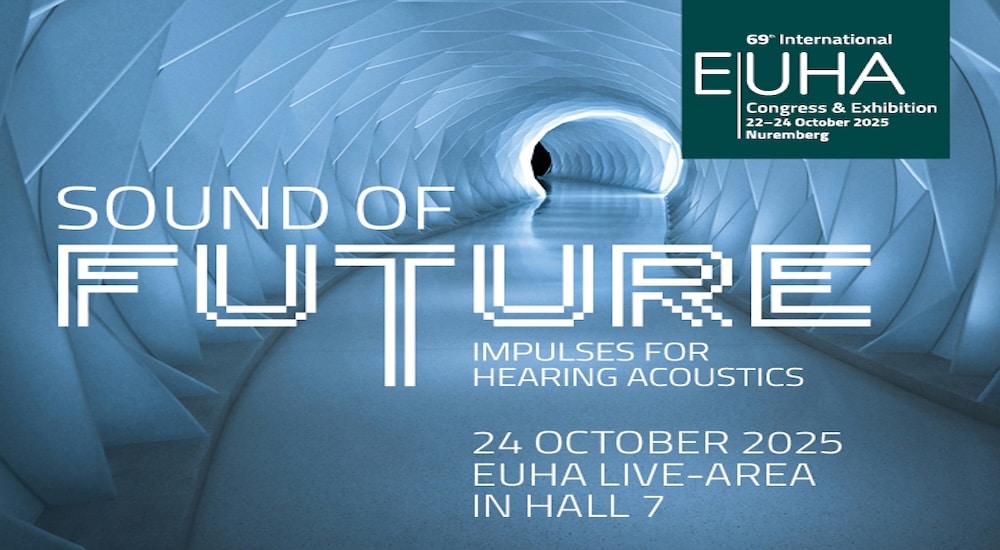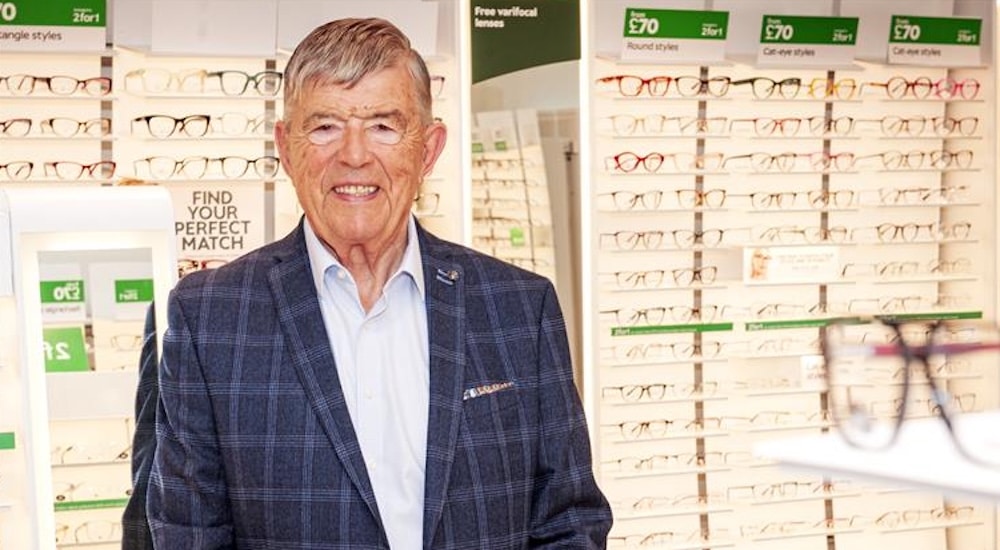Predictions for 2031. Lise Lotte Bundesen : Practitioners as person-centred tech guides in a transformed audiology profession
Future of audiology: 2031
Among the 15 international hearing health experts asked by Audiology Worldnews for predictions on the audiology panorama for 2031 was someone whose professional mission is to change the direction of the entire thrust of hearing care to one with the patient as an individual at its nucleus. No. 2: Lise Lotte Bundesen

Audiology World News asked an international array of hearing health experts for their visions of the future; we got a big picture! The balance of opinion and references together spawn many key questions, some as relevant to the present as they are to the future.
The hearing care professional in 2031
If the patient is looked at more closely, what of those who do the examining? The range of the professional audiologist, say these oracles, could either expand to beyond borders with other health areas through energising changes in infrastructure or training, or dwindle to becoming a walking, talking explanatory leaflet for the self-fitting, auto-everything device.
In other words, will technology become so good it will transform skills or reduce their value? Will this mean a less independent existence for HCPs, or merely a monthly salary and a company Christmas hamper every year from the manufacturers who employs them all?
Lise Lotte Bundesen, Managing Director of the Ida Institute
At the Ida Institute, we asked ourselves a similar question last year; then we asked hundreds of practitioners, academics, people with hearing loss, and industry representatives. The first result of this research was our Future Hearing Journeys report, which maps the characteristics and dynamics of hearing care in the next decade.
Based on this, we predict that person-centered care – ranked as a high priority by all stakeholders – will permeate all clinical interactions, whether in person or digital, by 2031. It’s seen as a way for clients to get quality care, for professionals to better meet clients’ changing expectations, and for industry to support professionals and humanise technology.
Secondly, due to the proliferation of new tech, we’ll be talking about the transformation of the audiology profession. For clients with mild to moderate hearing loss, practitioners’ most important role will be guiding clients through a complex and fast-evolving technological landscape – and doing so through a combination of highly valued in-person appointments and remote care.
For a fuller picture of how the Ida Institute works and has dealt with the pandemic read here.
Source: Audiology Worldnews EUHA special 2021



